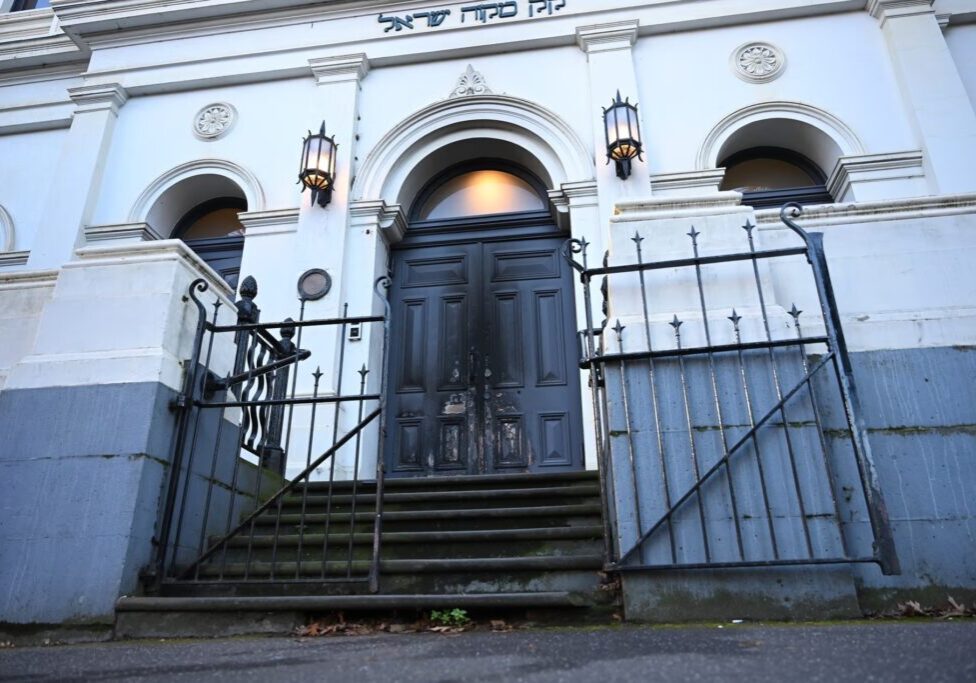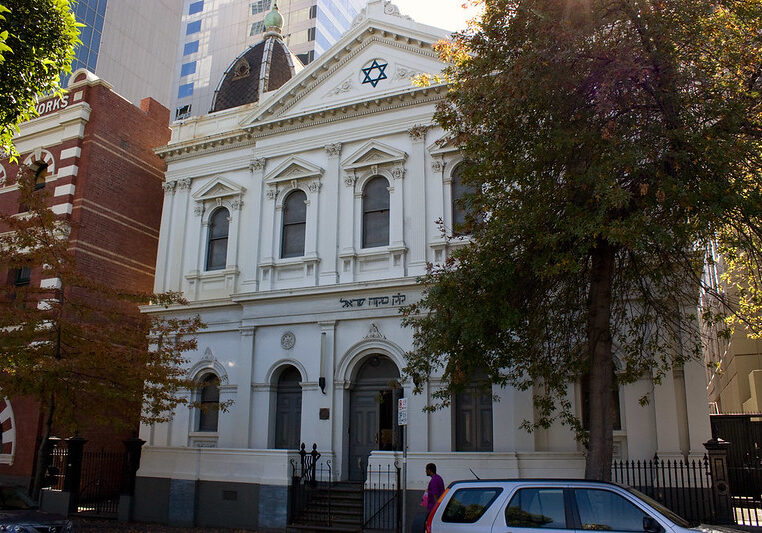Australia/Israel Review
Media Microscope: Can’t Complain
Jul 30, 2021 | Allon Lee

An AIJAC press release calling for the ABC to adopt a genuinely independent complaints system resonated across the media after Age and Sydney Morning Herald media page editor Zoe Samios picked it up for the newspapers’ July 5 edition.
The ABC has a complaints system, which the public broadcaster boasts is independent, but in reality is simply part of the ABC’s corporate structure. This has been a perennial focus for AIJAC, and indeed many other organisations and individuals in the wider community who have lodged reasonable complaints seeking corrections and acknowledgement of errors, only to see them rejected on dubious grounds.
On July 13, the Age and Sydney Morning Herald ran AIJAC’s Jamie Hyams’ opinion piece explaining that, while the ABC “Audience and Consumer Affairs” unit (A&CA) which deals with complaints, may be “a separate unit, it is still very much part of the ABC.”
He recounted some of AIJAC’s experiences, which included what appears to be a system whereby often “A&CA… simply cites the response from the content producer” and “if the ABC employee responsible for the report is happy with their work, so… is A&CA.”
Hyams explained the background to AIJAC’s media release, which was A&CA’s dismissal of a complaint lodged against ABC TV talk show “Q&A” that it had failed in its obligation to include a diversity of opinions by inviting two pro-Palestinian activists onto its panel to talk about the recent Israel-Hamas war, while allowing pro-Israel Jewish speakers to participate only as audience members.
His article recounted an AIJAC complaint in 2015 regarding a two-part ABC Radio National program that had been produced by a veteran anti-Israel activist who was an ABC employee. He noted that “A&CA dismissed complaints about demonstrably false claims by saying they were ‘opinion rather than a statement of fact capable of independent verification.’”
In the longer online version, Hyams noted A&CA’s inconsistency, such as agreeing that Gaza is not occupied when upholding an AIJAC complaint in 2016, but adopting the opposite position in 2021 when this same erroneous claim about Gaza was repeatedly made on ABC Radio. Hyams said the solution is a complaints system not run by the ABC.
The next day, former ABC editorial director Alan Sunderland defended the ABC system in the two papers, saying there is an independent body run by the Australian Communications and Media Authority where aggrieved complainants can appeal A&CA’s findings.
But as Hyams had pointed out, “in 2019-20 [ACMA] finalised only two investigations into ABC complaints.”
On Sky News “The Bolt Report” (July 6), AIJAC’s Colin Rubenstein spoke to Andrew Bolt about the “Q&A” episode and the complaints system. He said AIJAC filed a complaint because the panel was 4-1 against Israel. The one voice defending Israel, he said, was Dave Sharma, former Australian Ambassador to Israel and current federal Liberal MP, who is neither Jewish nor a pro-Israel advocate.
On July 9, commentator Gerard Henderson’s “Media Watch Dog” column pointed out that “ABC Audience and Consumer Affairs dismisses over 95 per cent of the complaints it considers.” He bagged A&CA’s response to the complaints it had received over “Q&A”, asking why Israeli Ambassador Jonathan Peled, who had been invited on to the program, “would… agree to sit in a Q&A audience and ask a question, without a right of reply, to a panel stacked with critics of the Israeli government?”
Later that day, on Sky News’ “The Media Show”, Sky News Digital Editor Jack Houghton editorialised on the episode.
He pointed out that during the episode, ABC Radio National host Patricia Karvelas had tweeted about Palestinian victims, which he called “activism, not journalism”. Houghton said the “Q&A” episode indicated that a recent petition signed by hundreds of Australian media professionals calling for Palestinian perspectives to be prioritised and to avoid “both-siderism” might have been adopted by the ABC.
Former Australian commentator Nick Cater told Houghton the ABC had already been avoiding reporting both sides for years and has a “completely one-eyed view” on the Israeli-Palestinian issue. He attributed this culture to a failure of ABC journalists to do the “hard yards” and read “deeply” into the history of that part of the world. Instead, he said, they “just go in with this post-colonialist victimhood mentality and… make a hash of it.”
Gemma Tognini said a journalist’s responsibility is to report every story without fear or favour.
Tags: ABC, Australia, Media/ Academia






